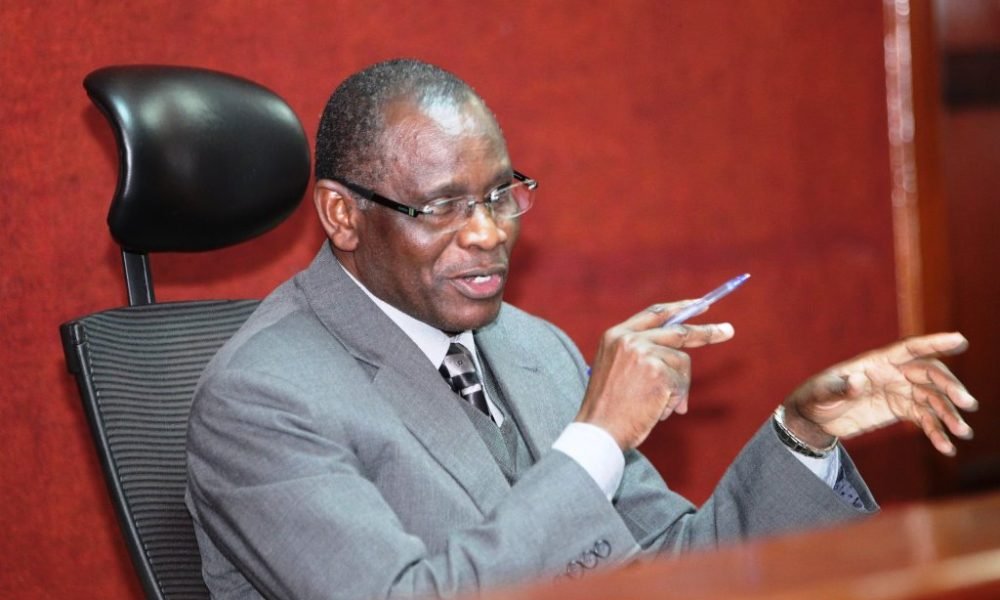Deputy president Rigathi Gachagua on Tuesday suffered a blow in his ongoing impeachment motion after the High Court declined to issue conservatory orders stopping the Senate from debating the matter.
High Court judge Chacha Mwita argued that the request by the DP asking the court to temporarily stop the process in Parliament was premature.
In his ruling, Justice Mwita said that Parliament, as a state organ, had the right to hear and determine the impeachment motion and that the DP can only challenge the matter in court once the process is complete.
The judge argued that while the court has the obligation to intervene on matters of infringement of the rights of each individual, each state organ must be accorded the opportunity to exercise its mandate.
“Having considered the application and the argument by parties, the prayers for grant of conservatory orders is declined,” said Justice Mwita.
The judge also argued that it would be unwise to question Parliamentary procedures as long as they do not infringe on the Constitution. Constitutional processes are not a dash to the finish line but those with timelines as stated within the Constitution.
Gachagua had moved to the High Court to challenge the ongoing impeachment motion which he said had violated his constitutional rights, including the right to be heard and to a fair hearing.
The DP, also argues in his petition before court, that Parliament in its current state, is not properly constituted since it violates the two-thirds gender rule.
- Gachagua gears up for impeachment showdown with a 20-lawyer team
- Why Gachagua was removed from Ruto’s WhatsApp group
The Deputy President is set to defend himself before the Senate on Wednesday and faces 11 charges approved by 282 MPs in the National Assembly vote.
Gachagua maintains that the impeachment is politically motivated and expressed confidence that the judiciary will deliver a fair ruling.
Gachagua’s lawyers, Senior Counsel Paul Muite and lawyer Tom Macharia had on Monday asked Justice Mwita to issue orders to bar stop Gachagua’s impeachment.
They argued that the National Assembly’s impeachment process was unconstitutional due to the lack of proper public participation.
“The public was denied their democratic rights, with participation purportedly conducted only at county headquarters for a single day, while the impeachment vote proceeded simultaneously at the National Assembly on October 8, 2024,” Muite argued.
Muite told the court that the public participation that was done by the National Assembly was a sham as it only collected views from some 200,000 registered voters.
On behalf of a petitioner, the lawyers further argued that the impeachment motion was passed late in the evening and immediately transmitted to the Senate, violating constitutional provisions.
This came even as Chief Justice Martha Koome appointed a three-judge bench to be chaired by Justice Eric Ogola to determine petitions challenging the impeachment of the DP. Other members of the bench include Justices Antony Mrima and Dr Freda Mugambi .
Gachagua has filed 26 cases in court to challenge his impeachment proceedings.
The Senate’s trial is expected to last two days, with a possible extension if more time is needed to review the evidence and cross-examine witnesses.
For the impeachment to be upheld, the Senate requires a two-thirds majority vote of 45 senators.
If successful, it would mark the first time a sitting Deputy President in Kenya is removed through an impeachment process.



